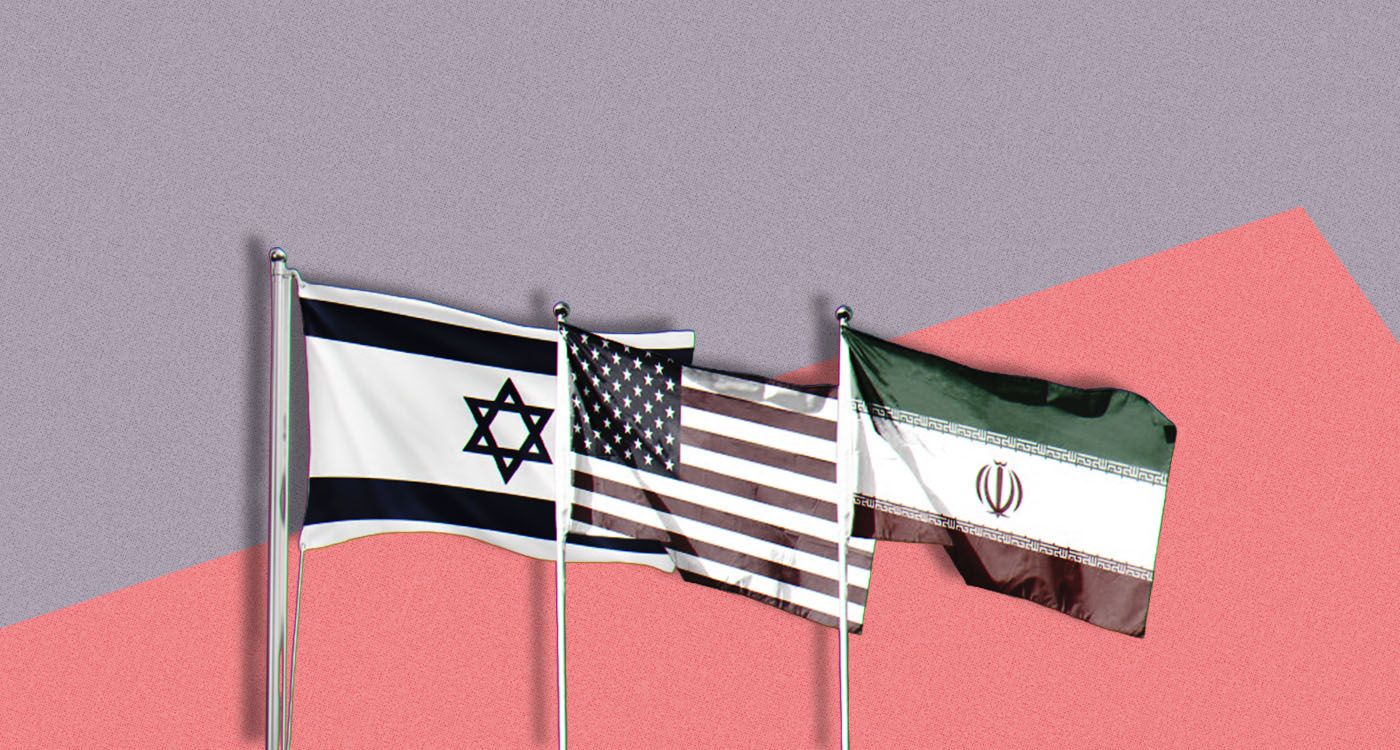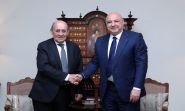
The hands of the clock have frozen in the Middle East as the region waits out the deadline set by US President Donald Trump and his administration to conclude negotiations with Iran—before a potential military escalation that would decisively tip the balance in Israel’s favor.
But everything unfolding in the region during this lull amounts to little more than indirect messaging—calculated moves on the ground designed to exert pressure while the real negotiations take place behind closed doors. The recent renewed airstrike on an ammunition depot in Beirut’s southern suburbs can be interpreted within this context. Media outlets reported the incident through their respective political lenses. Those who doubted the target was in fact an arms depot had their suspicions confirmed by the army’s statement, which announced the detonation of unexploded munitions left by the strike. Meanwhile, media aligned with the obstructionist axis continued to cast doubt on what had occurred and ignored the army’s official account.
Israel was well aware of the depot’s existence long before. Hezbollah, under constant surveillance, knew it couldn’t relocate the ammunition after the last war. The timing of the strike sends a clear message, tied to the negotiations, meant to demand seriousness and dispel any illusions that resistance movements in the region can continue to operate as they once did.
Whatever the outcome of these talks, one thing is certain: Israel stands to benefit. Proof of that lies in the recent statement by Hezbollah’s Secretary-General Sheikh Naim Qassem, who insisted that any discussion about Hezbollah’s weapons is no longer acceptable, and that anyone who disagrees should simply stay out of the debate. Naturally, he criticized the government’s diplomatic efforts and negotiations through traditional political channels, conveniently overlooking the fact that, while the government remains passive, Hezbollah’s pursuit of liberation and continued fighting could ultimately dismantle what’s left of the South—and its military strength.
What Hezbollah fails to understand is that current developments represent a grace period—an opportunity granted by Israel to the Lebanese state, allowing it to resolve all forms of disorder and unchecked weaponry under its control. Yet, Qassem views this period as a test of the government’s ability to achieve liberation—which, if failed, would give Hezbollah the green light to reclaim control over decisions of war and peace.
In this equation, it’s clear that Hezbollah remains trapped in a dangerous state of denial, one it has not escaped since the doomed war that ended in military defeat. Qassem’s problem goes beyond a lack of charisma or presence, or even the absence of compelling political arguments. His problem is a stubborn fixation on the issue of arms, provoking Israel yet again to do what it did just days ago in the southern suburbs.
A little humility would go a long way, Sheikh Naim. Clinging to armed resistance while simultaneously betting on negotiations is a losing strategy. Like it or not, Israel is the one emerging victorious.



Comments